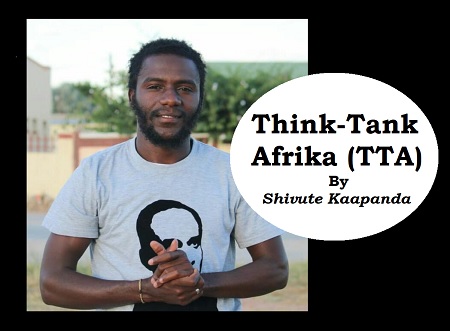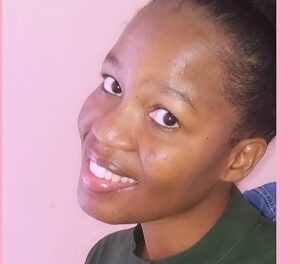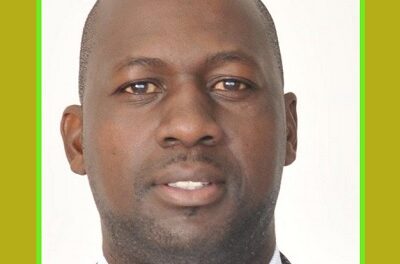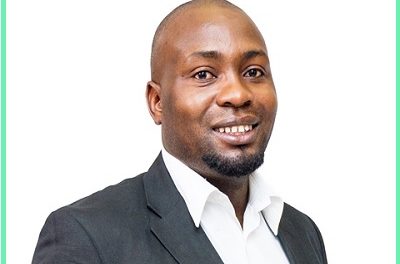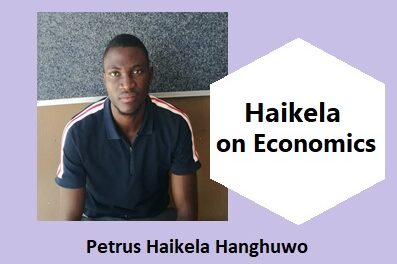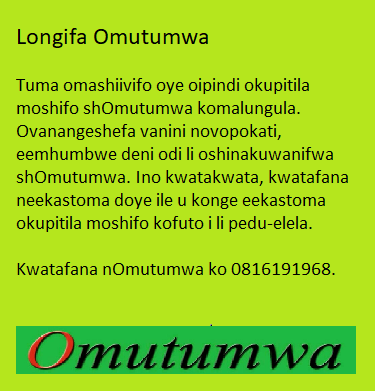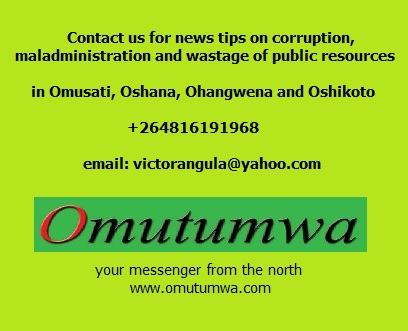Africans: Are we intellectually self-sufficient?
By Shivute Kaapanda [Think Tank Africa]
AUTARKY is a word used to describe the quality of self-sufficiency usually applied in economics and political systems of governance. Self-sufficiency is a state of total independence, immunity from external support as a means of survival.
In any public discourse in Africa as in other continents self-sufficiency is much more central than anything else aimed at aiding in the calculations of economic and political systems given the type of self-sufficiency in question.
“Intellect” is a faculty of logical reasoning, understanding and interpretation of abstract matters relating to the theory of knowledge.
We define intellectual self-sufficiency therefore as an act of independent thoughts to seek the truth which aid us to determine self-reliance in order to become totally independent for ourselves in terms of thinking.
African societies have a production of many intellectuals from universities around the globe. But the question is: are we (Africans) intellectually self-sufficient? If yes, how? If no, why not?
Let us witness. Africans depend on religions that are historically rooted in Europe, why? Africans rely on technologies that are only invented in other continents, why? Africans speak and respect those who speak a foreign language that originates from other continents, why? African people abandoned their traditional languages and cultures relying on languages such as English to claim being educated, why?
African systems whether judiciary, economic, political, educational or health are dependent on systems from other continents, why? Africa has witnessed colonial oppression; this grievous oppression victimized African people to serious harm in terms of thinking. It takes a serious evolutionary process which needs black supervision and knowledge of self to break free of this bondage.
Africans need to realize themselves and be confident in their own self because currently everything that we do does not work since it seems to require white supervision or intervention in order to be regarded to be perfect or to be seen as viable, sensible or even logical – sometimes that raises a question of whether we are intellectually self-sufficient.
A good example is whenever we need development which in many cases is pro-white; we need some foreign owned companies to have a stake in local projects in order to mitigate faulty situations which will lead to incomplete projects due to incapacities or even incompetence offered by the locals.
When are the systems of development going to be converted into the languages of Africa? E.g. the courts of law. Are we not recognized by the world? When are the computer software’s going to be converted into the languages we are born of? We can no longer think and speak in other people’s languages.
THESE ARE ALL THE REGRETS WE LIVE IN TODAY. THE SCRAMBLE FOR AFRICA ROBBED US NOT ONLY OF OUR ANCESTRAL LAND, LIVES AND SPIRITUAL RESOURCES BUT ALSO OUR KNOWLEDGE AND CONFIDENCE OF SELF.
We have a lot of universities in Africa today, but given that most of our African people are not educated, we remain in the hands of the oppressor, we operate in the locality of the Whiteman and it raises a question whether we are intellectually self-sufficient. In the final analysis, education remains the most important tool to overcome intellectual dependency from other continents.
As political independent countries in Africa, our intellectual independence is yet to be realized once massive investments are directed to educate the people of Africa.
WE HAVE THEREFORE GAINED POLITICAL INDEPENDENCE BUT WE NEED TO SORT OUT THE DREAM OF BECOMING A NATION OF TOTAL ECONOMIC AND INTELLECTUAL INDEPENDENCE OF AFRICA and mostly we must begin to raise a generation of educated people in order to become a continent which is intellectually self-sufficient.
— This piece was first published in the book ‘The Conscious Republic’ published in 2020, but it was written on the 3rd of December 2015 at 16H19 at Eyanda village, Okamwandi-kOholo water point.

